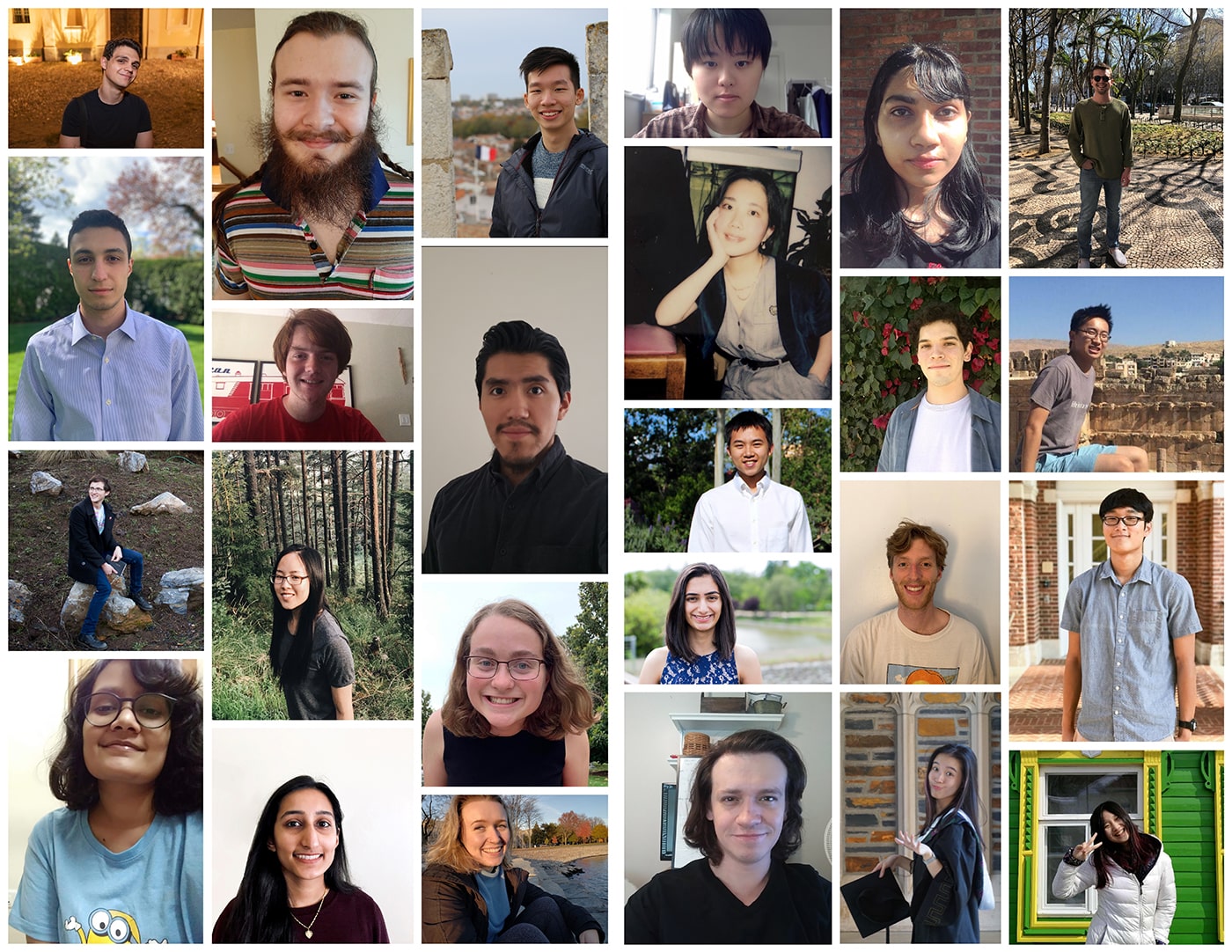CMU’s Department of Philosophy Builds Community Through Summer School
Applications are open for summer 2021
By Stefanie Johndrow
When Jeremy Avigad agreed to teach a two-week logic course in the summer of 2005, he didn't know it would inspire a hallmark within Carnegie Mellon University's Department of Philosophy.
The course Avigad taught was part of a program held at the University of Notre Dame for graduate students in logic that offered students free tuition and housing.
"I was surprised that close to 50 students showed up, and I was struck by how much they seemed to enjoy it," said Avigad, professor of philosophy and mathematical sciences. "It was like summer camp. Students had the opportunity to explore things they were interested in without the pressure of exams or grades. More importantly, they were able to bond with others with similar interests and establish close friendships."

Similar to the 2020 program, whose class members are shown above, this year's Department of Philosophy summer program will be held virtually.
The year prior, Avigad and his colleagues were discussing ideas for raising awareness of specialized curricula within the department. When he returned to CMU, Avigad approached Teddy Seidenfeld, Herbert A. Simon University Professor of Philosophy and Statistics, about the Notre Dame model.
"For the students, it would be a free summer program, an opportunity to explore topics that might not be supported at their home institutions, a glimpse of contemporary work in logic and formal epistemology, a chance to make long-lasting friendships, and — on top of all that — a good advertisement for our department," Avigad said.
In 2006, Avigad held CMU's first Summer School in Logic and Formal Epistemology. The three-week summer school is for undergraduates — and students who have just completed their first year of graduate school — in philosophy, mathematics, computer science, linguistics, economics and other sciences. For most students, the summer school is their first introduction to the cross-disciplinary fields of research. The instruction is free; students need to pay for transportation and their meals only. There are no grades and students forge lasting links between the various disciplines.
For Francesca Zaffora Blando, the summer school was a transformative experience.
"For me, one of the most amazing aspects of the summer school was the fact that we were treated as researchers even though we were undergraduate students," said Zaffora Blando, who attended the summer school after her second year at the University of Edinburgh. "We had the opportunity to closely interact with the faculty members teaching the various courses by participating in daily tutorials and problem-solving sessions. This gave me a chance to engage with exciting new topics and research-level questions in a much more serious way than most undergraduate students usually can."
Read more about the Summer School in Logic and Formal Epistemology